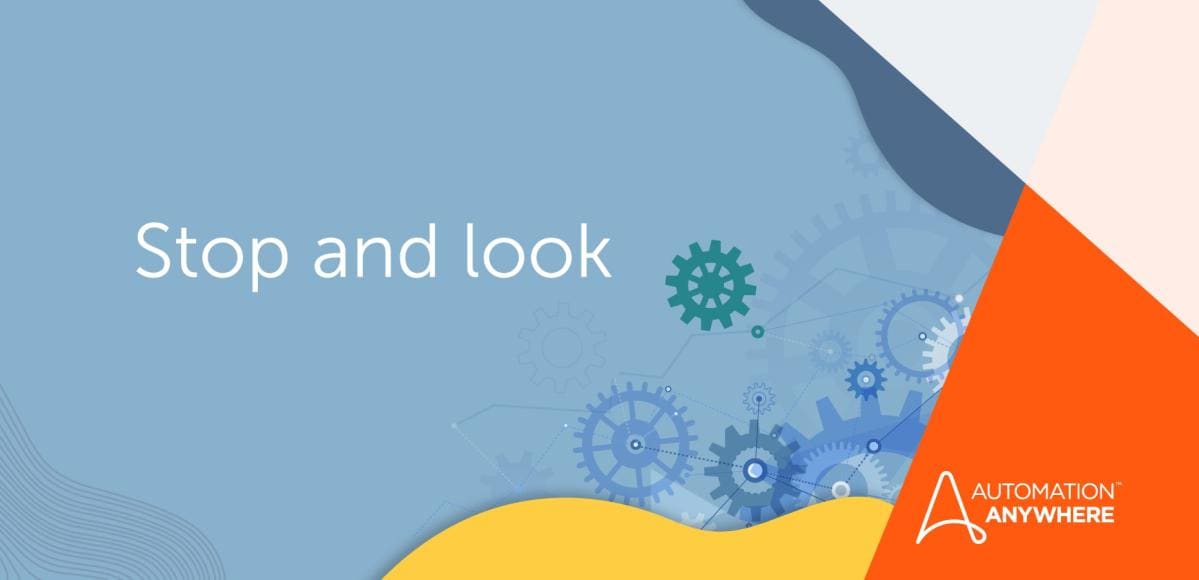- Login
- Search
- Contact Us
-
Have a question? Our team is here to help guide you on your automation journey.
-
Explore support plans designed to match your business requirements.
-
How can we help you?
-
- AI
AI Without the Hype From pilot to full deployment, our experts partner with you to ensure real, repeatable results. Get Started
- Automation Anywhere AI
-
- Solutions
Featured Agentic Solutions
Accounts Payable Invoice automation—No setup. No code. Just results. Accounts Payable
Customer Onboarding Scale KYC/AML workflows. Customer Onboarding
Customer Support Keep queues moving, even at peak load. Customer Support
Healthcare RCM Revenue cycle management that runs itself. Healthcare RCM
- Products
Platform Features
- Agentic process automation (APA)
- Robotic Process Automation (RPA)
- View all Products
-
- Resources
Get Community Edition: Start automating instantly with FREE access to full-featured automation with Cloud Community Edition.
Featured
 Named a 2025 Gartner® Magic Quadrant™ Leader for RPA.Recognized as a Leader for the Seventh Year in a Row Download report Download report
Named a 2025 Gartner® Magic Quadrant™ Leader for RPA.Recognized as a Leader for the Seventh Year in a Row Download report Download report- Become an Expert
- Developer Tools
- Get Support
- View all resources
-
- Partners
Find an Automation Anywhere Partner Explore our global network of trusted partners to support your Automation journey Find a Partner Find a Partner
- Find a Partner
- For Partners
-
Blog
Tips to Improve Automation #1—Choosing a Process
Share this:
Navigate to content
The introduction of low-code technology has made it easier and faster for people, even business users, to create intelligent automation software bots to handle processes. But before you run out and create bots, I’ll say the same thing here that I’ve said to anyone who’s asked me about bot development:
Stop and look around.
First, do an assessment. Is the process you’re considering a very complex and long one, full of business rules? Are you just starting with automation? If so, maybe that process is not the best candidate to get you started.
So, what makes a good or bad candidate? In general, any repetitive process that takes up a large portion of users’ workday is a good one. But then, dig deeper.
Here are some things to consider:
Stability
Good fit: It should be a process that doesn’t change often. Not a good fit: The process is constantly changing. What’s the worth of automating something that next week you're not going to be using? “Oh, the process is different now, so you have to tweak your code to adapt” indicates the process is not mature.
An easy question to ask yourself is, “How long have we’ve been doing this process, the same way, the same steps, in the same order?” If things haven’t changed—or won’t change in the future—that’s a great process to automate. Then, you don’t have to tweak the code or create a new bot for every change or variation.
Simplicity
Another good fit for unattended automation is a simple process such as capturing numbers from a spreadsheet and putting them into a database—a process that a software bot can do on its own or with minimal human intervention. If you have processes that depend heavily on human intervention all the time such as one that requires decision-making with every step, you should consider building an Automation Co-Pilot process since it enables humans to interact with bots in real-time.
Universal use or major focus
Including the previous criteria, a good fit would be a process that everyone uses and will use in the business. Or a time-consuming process that is essential to the business—even if it requires some code tweaking. In this area, there really isn’t a “not good fit” unless one is tasked with the enterprise initiative of creating a bot for every user’s unique needs. That could be a lifelong task depending on the size of the enterprise. Instead, citizen developers could be paired with RPA developers to fast-track RPA deployment.
Some adaption may be required
Just because people do a process in a human way, sometimes, it's not the best way for a bot to do it. So, you can be a bit flexible and modify the process to the way bots work, often getting an optimized version of the process because now there's a bot on it.
If you’re not familiar with bot operations, you can sign up for classes with platform providers and the community. For example, Automation Anywhere offers individual classes and learning trails. There are also tools to help you choose automation candidates. Check out our Process Discovery and RPA Maturity tool.
I know people get excited about automating, but if you stop and look, if you take a careful approach, you’ll be on the right path for a fruitful outcome.
Visit Our Bot Store.
About Lara Argento
Get to know the Agentic Process Automation System.

For Students & Developers
Start automating instantly with FREE access to full-featured automation with Cloud Community Edition.



